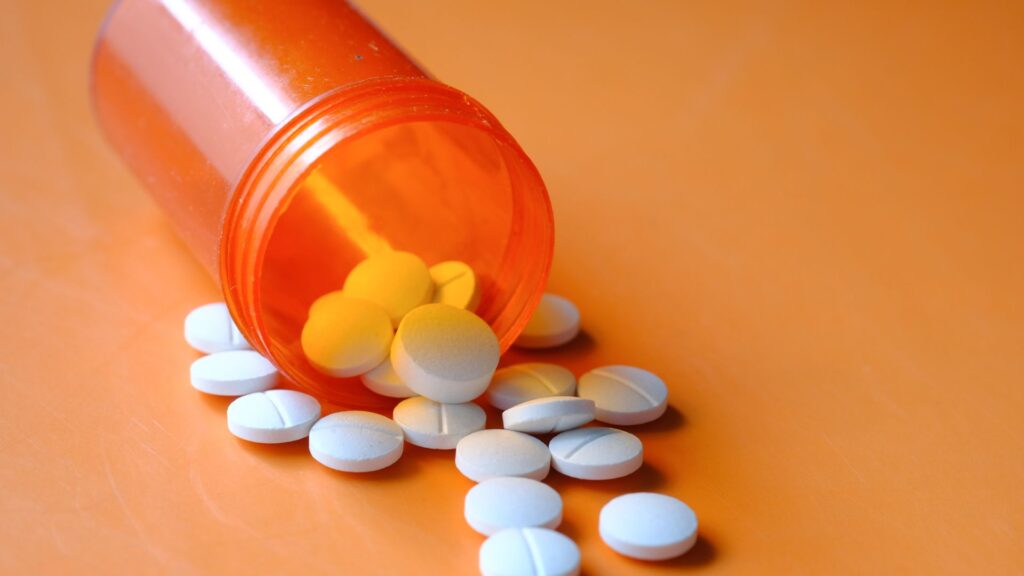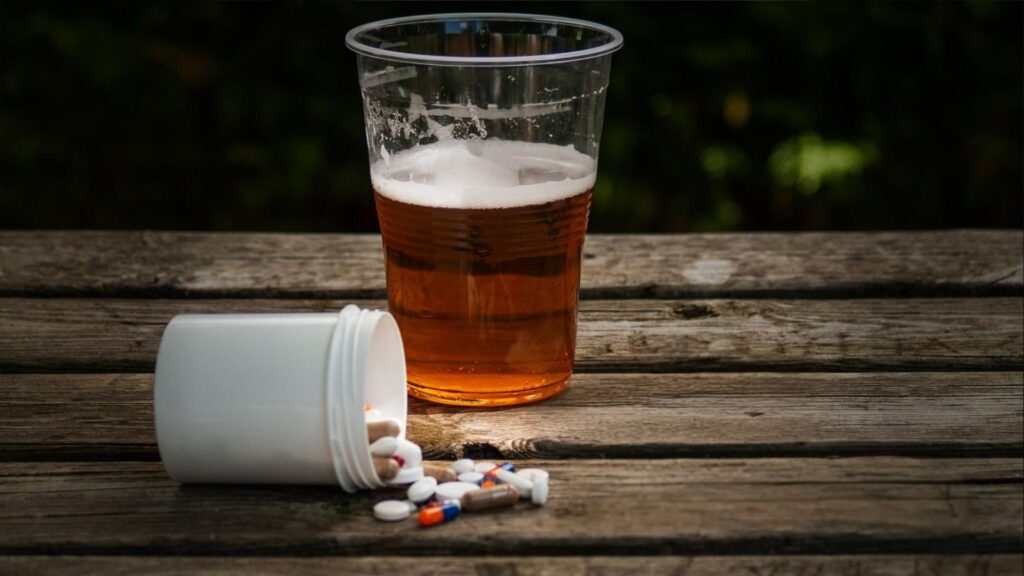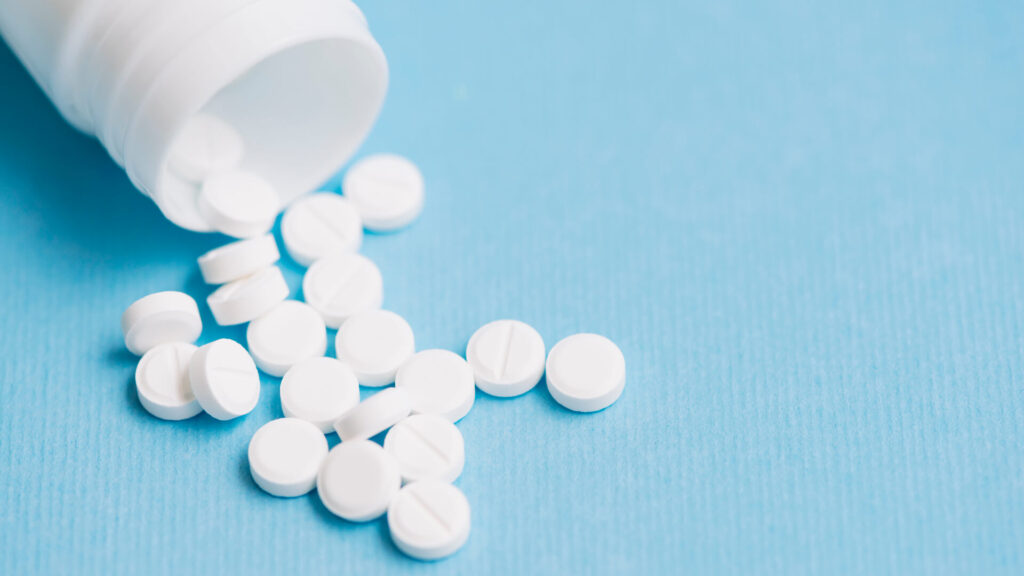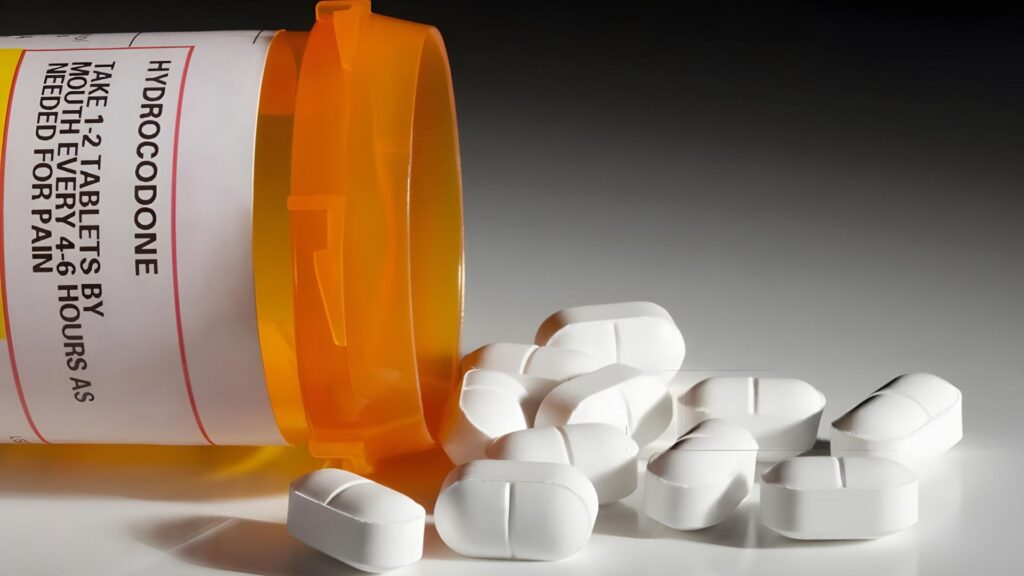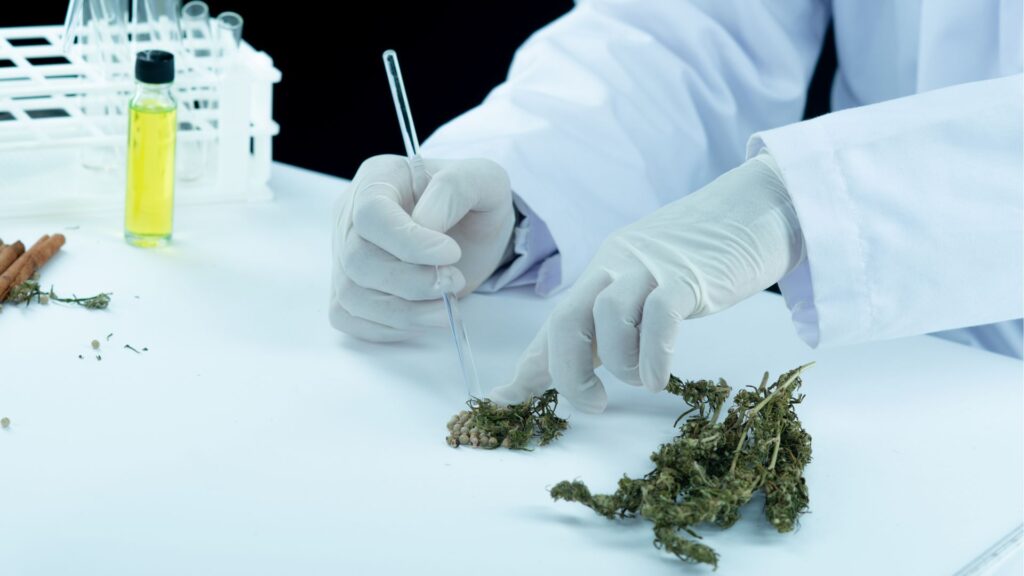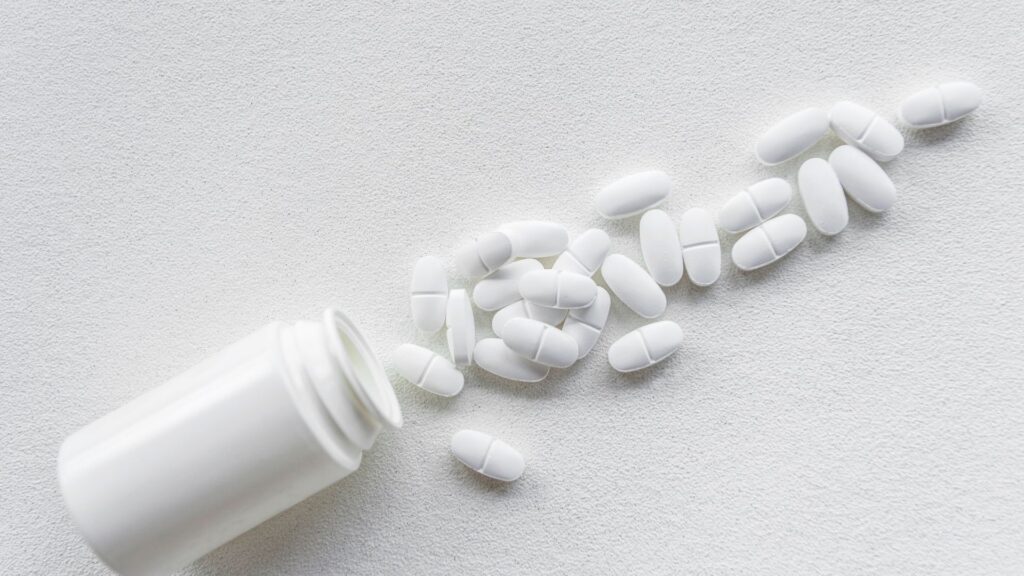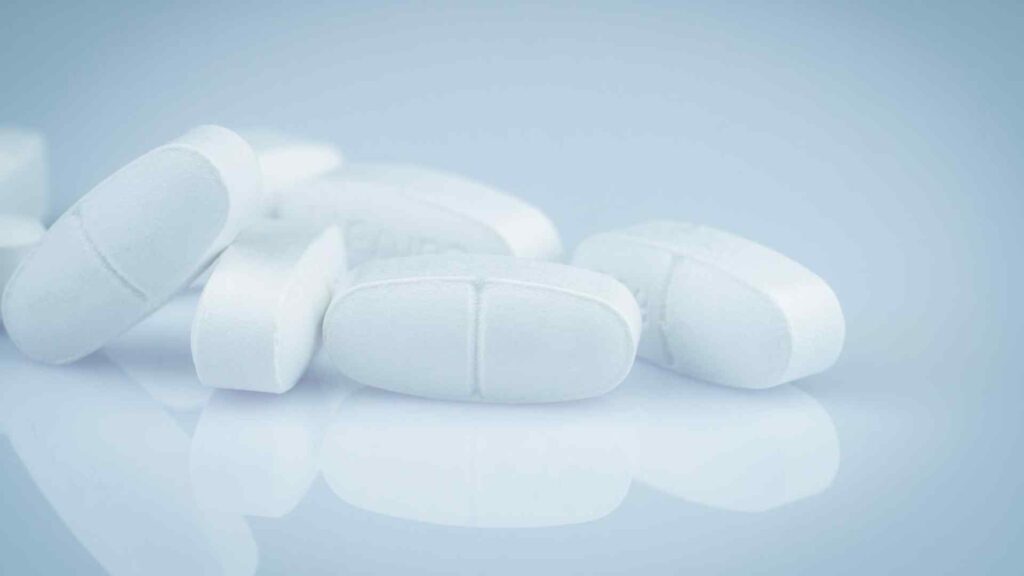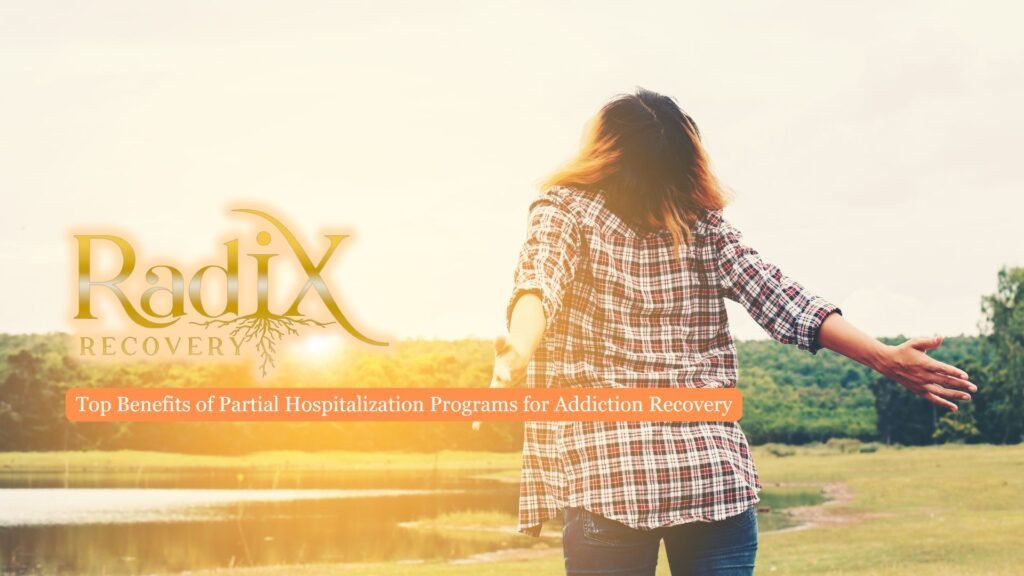Alcohol consumption affects multiple organ systems, including the kidneys. Chronic and heavy drinking can reduce kidney function, impairing the body’s ability to filter waste, regulate fluid balance, and maintain proper electrolyte levels. Over time, these effects can contribute to both acute kidney injury and chronic kidney disease, often developing without noticeable early symptoms.
This article outlines the key warning signs of alcohol-related kidney damage, explains the physiological mechanisms behind them, and discusses when medical evaluation is warranted.

Changes in Urination
One of the earliest indicators of kidney problems is a noticeable change in urination patterns. This can include urinating more or less frequently than normal, producing foamy or bubbly urine, or noticing blood in the urine. Alcohol acts as a diuretic, which can initially increase urination, but chronic damage may cause reduced output or irregularities.
Swelling in the Hands, Feet, or Face
Kidneys help regulate fluid levels in the body. When they are damaged, fluid can accumulate in tissues, leading to swelling (edema) in the extremities or around the eyes. This symptom is a red flag for impaired kidney function and should not be ignored, especially if accompanied by other signs of alcohol-related damage.
Persistent Fatigue and Weakness
Healthy kidneys produce erythropoietin, a hormone that supports red blood cell production. When kidney function declines, anemia can develop, leading to persistent tiredness, weakness, and reduced stamina. Excessive alcohol intake can worsen these effects by dehydrating the body and placing additional strain on the organs.
If you notice ongoing fatigue and have a history of heavy binge drinking, it may be a sign to not only get your kidney health evaluated but also to find alcohol rehab that can help address the root cause of your drinking.
Nausea, Vomiting, and Appetite Loss
When the kidneys cannot effectively filter waste, toxins build up in the blood, a condition known as uremia. This can cause gastrointestinal symptoms such as nausea, vomiting, and a reduced desire to eat. Heavy alcohol use can accelerate this process and mask the warning signs until damage becomes advanced.
High Blood Pressure
Alcohol-related kidney damage can contribute to hypertension, which in turn worsens kidney function in a dangerous cycle. Persistent high blood pressure after drinking heavily, or even during periods of abstinence, should be taken seriously and evaluated by a healthcare provider.
Difficulty Concentrating or Confusion
A buildup of waste products in the blood can impair cognitive function, leading to brain fog, difficulty concentrating, or confusion. These neurological symptoms can be subtle at first but often worsen as kidney health declines.
Shortness of Breath
In advanced cases, fluid buildup from kidney failure can affect the lungs, causing difficulty breathing. Alcohol-related damage can also contribute to heart strain, compounding the issue. Shortness of breath combined with swelling or fatigue may indicate a serious medical emergency.
Long-Term Risks of Alcohol-Related Kidney Damage
Heavy and prolonged alcohol consumption, especially in individuals with alcohol use disorder, can cause progressive damage to the kidneys, leading to serious and sometimes irreversible complications. Understanding these long-term risks can help you take proactive steps toward prevention and early intervention.

Chronic Kidney Disease (CKD)
Regular heavy drinking can impair the kidneys’ ability to filter waste, regulate blood pressure, and balance electrolytes. Over time, this can lead to chronic kidney disease—a condition that gradually worsens and may go unnoticed until significant damage has occurred.
Kidney Failure (End-Stage Renal Disease)
Untreated kidney damage from alcohol use can progress to complete kidney failure, also known as end-stage renal disease (ESRD). At this stage, the kidneys can no longer function on their own, and dialysis or a kidney transplant becomes necessary for survival.
Increased Risk of Dialysis Dependence
Once kidney function drops below a critical level, dialysis may be required multiple times per week to remove toxins and excess fluids from the body. For individuals with alcohol-related kidney failure, dialysis can become a lifelong medical necessity.
Greater Likelihood of Needing a Kidney Transplant
In severe cases, alcohol-related kidney damage may make a transplant the only viable treatment option. However, individuals must often demonstrate a period of sustained sobriety before being eligible for transplant programs, adding another layer of urgency to seeking treatment.
High Blood Pressure and Cardiovascular Complications
Damaged kidneys can’t properly regulate blood pressure, increasing the risk of hypertension. High blood pressure, in turn, accelerates kidney damage and raises the risk of heart disease, stroke, and other cardiovascular events.
Electrolyte Imbalances
The kidneys play a critical role in maintaining healthy levels of sodium, potassium, and calcium. Alcohol-related kidney damage can lead to dangerous imbalances, resulting in muscle weakness, irregular heartbeats, and even life-threatening complications.
Late Detection and Rapid Progression
Acute kidney injury can develop rapidly, sometimes within just days or hours after binge drinking episodes, overwhelming the kidneys’ ability to filter waste and maintain fluid balance. Without prompt diagnosis and stopping alcohol use, this damage can quickly worsen, progressing to chronic kidney disease or even kidney failure. Late detection of this damage is especially concerning because by the time symptoms appear—such as protein leaking into urine or reduced filtration efficiency—the disease may have already progressed to a stage that requires dialysis or transplantation.
Without regular checkups, blood tests, and urinalysis, kidney disease may progress silently until advanced stages.
If someone close to you is struggling with alcohol abuse, here’s how you can offer meaningful support to help your alcoholic friend on the path to recovery.
Final Thoughts from Radix Recovery
Kidney damage from alcohol is both preventable and, in some cases, reversible if caught early. By recognizing warning signs, such as changes in urination, swelling, fatigue, and high blood pressure, you can take proactive steps to protect your health and avoid long-term complications.
At Radix Recovery, our alcohol addiction treatment program in Cedar Rapids combines medical expertise with compassionate care to help clients achieve lasting sobriety. We offer a structured approach to detox, therapy, and support that can make recovery more effective and sustainable. With expert guidance, you gain the tools and strategies needed to overcome addiction and rebuild a fulfilling, alcohol-free life.













